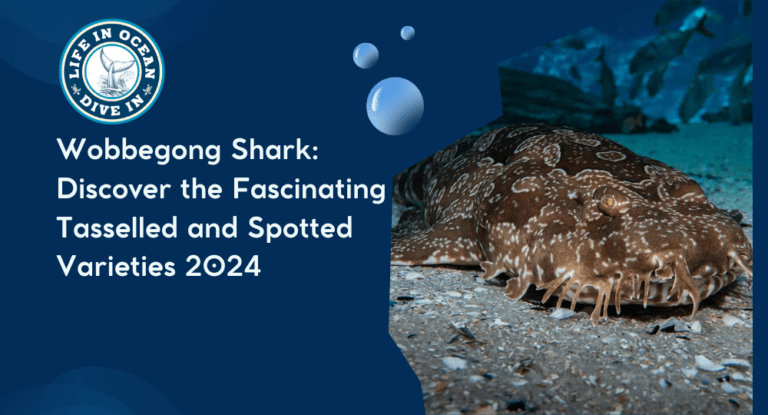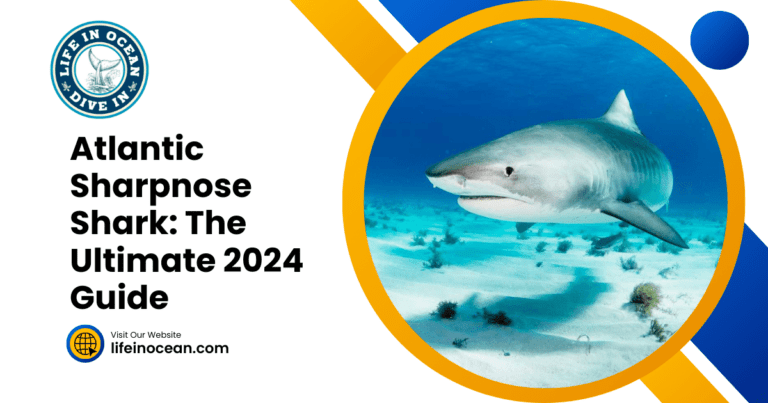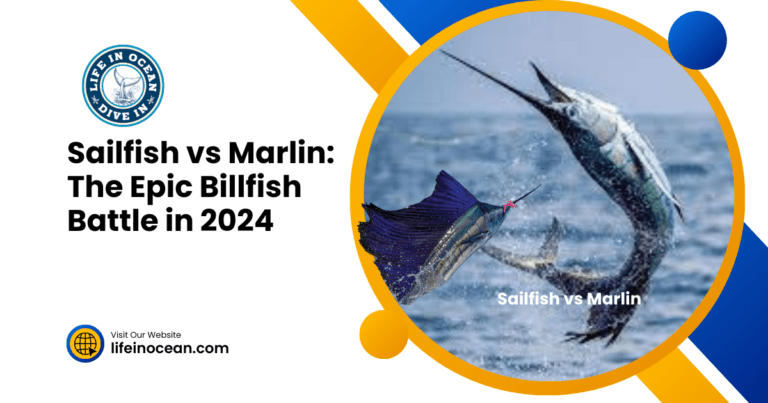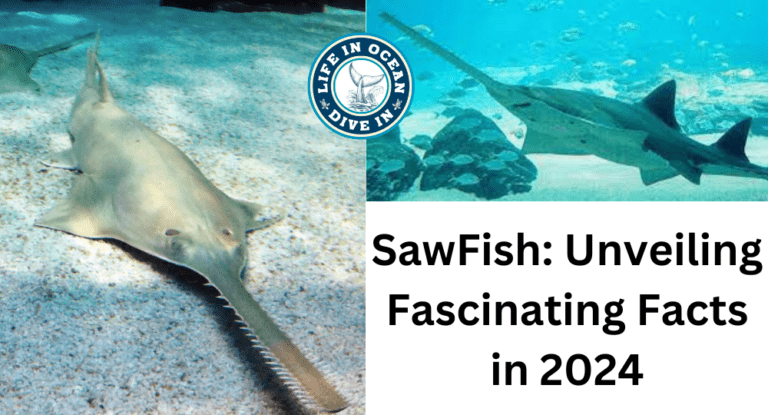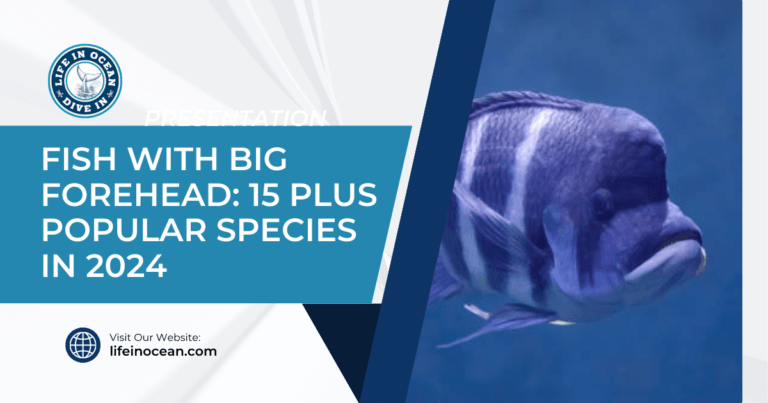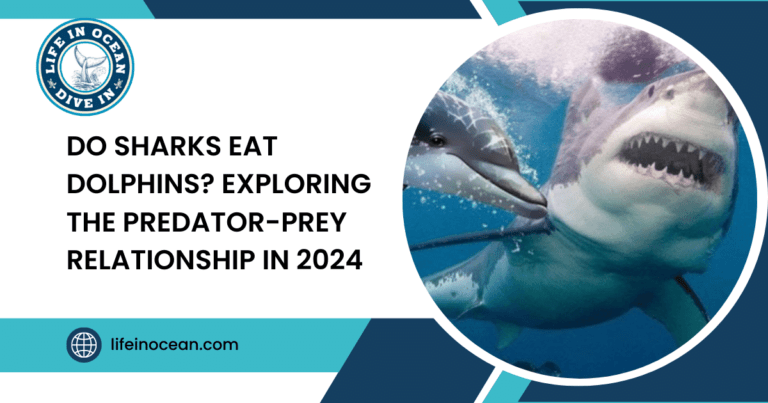Sea jellies, also known as jellyfish, those mesmerizing creatures with tentacles, gracefully float through the water, captivating our curiosity. They share their underwater world with anemones and are often encountered by turtles. But here’s a mind-boggling question: do jellyfish have brains? Sea jellies belong to the phylum Cnidaria and are characterized by their tentacles. Surprisingly, the answer is no. These ethereal beings, such as tentacles, anemones, jellies, and box jellyfish, navigate their watery world without the aid of a traditional brain structure like humans or other species possess.
Understanding the brainless nature of jellies challenges our conventional notions of intelligence. These ocean creatures, with their mesmerizing eyes, navigate the vast waters without a helm. How can box jellyfish survive and thrive in the ocean without this vital organ called a helm? Jellies can adapt and function without it. The secret lies in their unique cognitive mechanisms. While jellyfish lack a central nervous system and complex sensory organs, their specialized rhopalia enable them to sense light, contact, and other stimuli in their environment. The rhopalia serve as the helm for the jellyfish’s perception. Through these remarkable adaptations, jellyfish can detect jelly prey, avoid harm, and navigate through water with astonishing grace.
Exploring the learning abilities of jellyfish sheds light on alternative cognitive mechanisms at play in the natural world. By studying these fascinating jelly creatures’ responses to different stimuli and their ability to adapt to changing environments, researchers at universities around the world are uncovering surprising insights into how intelligence can manifest without traditional brain structures.
Table of Contents
Do Jellyfish Have Brains?
Jellyfish and their lack of a centralized brain
Jellyfish, unlike most animals, do not possess a centralized brain. Instead, they have a decentralized nervous system that allows for distributed decision-making. This absence of a traditional brain raises intriguing questions about how jellyfish process information and carry out complex behaviors.
Rather than relying on a central control center like humans or other animals with brains, jellyfish rely on their nerve nets. These nerve nets are spread throughout their bodies, connecting different parts and allowing for communication between them. This decentralized structure enables jellyfish to respond to stimuli and navigate their surroundings effectively.
Learning abilities of jellyfish despite lacking a brain
Although jellyfish lack a central brain, they exhibit remarkable learning capabilities. They can adapt their behavior based on environmental cues and experiences. For example, box jellyfish are known to avoid certain areas after encountering predators or experiencing negative stimuli in those locations.
This ability to learn suggests that there are alternative mechanisms for processing information in the absence of a centralized brain. While the exact processes behind this learning remain unclear, it highlights the complexity of jellyfish cognition.
The unique cognitive abilities of jellyfish
Despite lacking a traditional brain structure, jellyfish demonstrate surprisingly complex behaviors. They can navigate their surroundings effectively by utilizing sensory organs called rhopalia. These rhopalia allow them to detect light, gravity, and even chemicals in the water.

Jellyfish also display responsiveness to external stimuli such as changes in temperature or water currents. They can contract their muscles to propel themselves forward or change direction when necessary. These cognitive abilities challenge our understanding of intelligence and raise fascinating questions about the nature of consciousness itself.
It is important to note that while jellyfish may not have brains in the conventional sense, they possess intricate neural networks that enable them to process information and exhibit adaptive behaviors without relying on a centralized control center.
How Do Jellyfish Learn and Adapt Without a Brain?
How jellyfish learn from past experiences to avoid obstacles
Jellyfish, despite not having a brain, possess the remarkable ability to learn from their encounters with obstacles in their environment. These gelatinous creatures have been observed adjusting their swimming patterns to avoid repeating collisions or entanglements. It’s almost as if they remember and adapt based on their past experiences. This adaptive behavior suggests that memory formation and learning processes exist within these brainless organisms.
Understanding the mind of a jellyfish without a brain
Unraveling the cognitive processes in brainless organisms like jellyfish is an intriguing endeavor for scientists. By studying the behavior of these fascinating creatures, researchers gain valuable insights into non-brain-based decision-making mechanisms. Examining how jellyfish perceive and interact with the world around them enhances our understanding of intelligence beyond traditional neural networks.
The science behind jellyfish learning and memory
To comprehend how jellyfish learn without brains, scientists delve into the intricate workings of neural networks within their decentralized nervous systems. Chemical signaling plays a crucial role in memory formation among these creatures. Researchers have discovered that certain chemicals act as messengers, allowing information to be transmitted throughout the organism’s body. This chemical communication helps facilitate learning and memory processes.
Furthermore, investigating gene expression sheds light on the molecular pathways involved in learning for these brainless beings. Scientists analyze which genes are activated or deactivated during different behaviors or learning tasks. By identifying specific genes associated with learning and memory in jellyfish, researchers can gain valuable insights into the underlying mechanisms driving these cognitive processes.
While it may seem perplexing that creatures without brains can exhibit such sophisticated behaviors, it highlights the incredible diversity of life on Earth. Jellyfish provide us with a unique opportunity to explore alternative forms of intelligence and expand our knowledge beyond conventional models.
Exploring the Implications and Applications
Now that we’ve delved into the fascinating world of jellyfish brains (or lack thereof), let’s explore the implications and applications of this remarkable adaptation. Imagine if we could unlock the secrets of how jellyfish learn and adapt without a brain. This knowledge could revolutionize artificial intelligence, inspiring new algorithms that mimic their efficient decision-making processes.
Think about it: just like jellyfish navigate through the ocean currents, AI systems could navigate complex data sets with ease, making lightning-fast decisions without the need for extensive computational power. By studying these incredible creatures, we might discover innovative ways to optimize machine learning algorithms, opening up endless possibilities in fields such as robotics, medicine, and even space exploration.
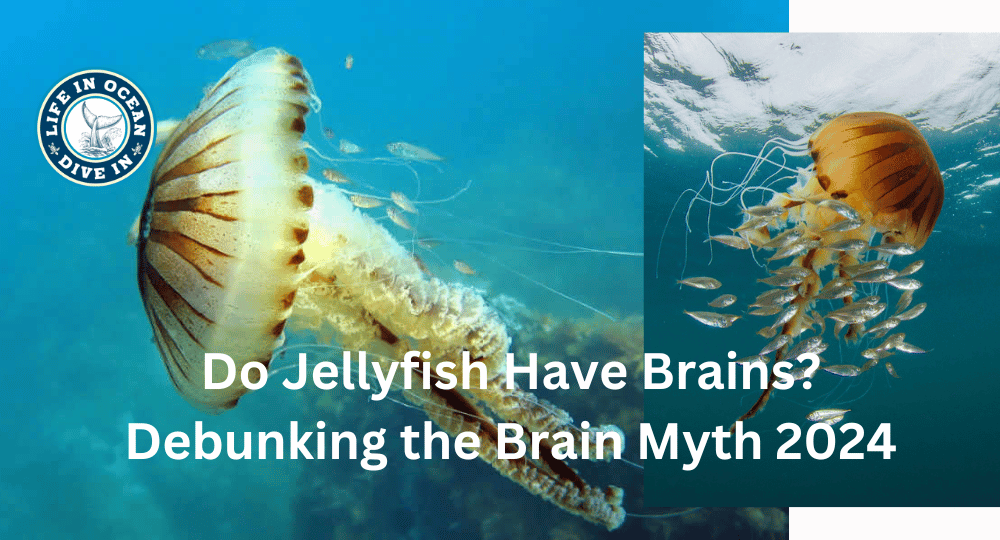
So next time you catch sight of a mesmerizing jellyfish gliding gracefully through the water, take a moment to appreciate its remarkable abilities. Reflect on how nature has crafted an elegant solution to problem-solving without a traditional brain. And remember, just as jellyfish adapt and thrive in their environment, you too can embrace your own unique strengths and find creative solutions to challenges that come your way.
Embrace your inner jellyfish-like resilience and curiosity. Dive into uncharted waters with confidence, knowing that sometimes the most extraordinary discoveries are made by those who dare to think outside the box. So go forth and let your imagination soar – who knows what incredible insights you might uncover along the way? The world is waiting for your brilliant ideas!
FAQs
FAQ 1: Do jellyfish have brains?
Jellyfish do not have brains in the same way humans and other vertebrates do. They lack a central nervous system, which means they don’t possess a brain or spinal cord. However, they do have a simple network of nerves called a “nerve net” that allows them to sense their environment and respond to stimuli.
FAQ 2: How do jellyfish navigate without a brain?
Even though jellyfish lack a brain, they are still capable of navigating their surroundings. They rely on specialized cells called “statocysts” that help them maintain balance and detect gravity. These statocysts contain tiny calcium carbonate crystals that move in response to changes in motion or orientation, allowing the jellyfish to orient themselves and swim in the desired direction.

FAQ 3: Can jellyfish feel pain without a brain?
Since jellyfish don’t possess a centralized brain, it’s unlikely that they experience pain as humans do. While they do exhibit responses to certain stimuli, these reactions are more reflexive than conscious experiences of pain. Their nerve net allows them to react to potential threats or seek food but doesn’t provide the complexity needed for pain perception.
FAQ 4: How do jellyfish survive without brains?
Jellyfish have adapted over millions of years to survive without brains. Their simple nervous system enables them to carry out essential functions like feeding and reproduction. They rely on instinctual behaviors and reflexes rather than cognitive processes. This simplicity has been advantageous for their survival in various aquatic environments around the world.
FAQ 5: Can jellyfish learn anything if they don’t have brains?
While jellyfish lack complex learning capabilities due to their absence of brains, they can exhibit some basic forms of memory and adaptation through repetition. For example, studies have shown that certain species can remember specific prey types or learn to associate certain conditions with favorable environments over time. However, their learning abilities are limited compared to animals with more developed brains.
We hope these FAQs have provided you with a better understanding of jellyfish and their unique biology. If you have any further questions or want to explore more fascinating facts about marine life, feel free to contact us and dive into our other blog posts!


